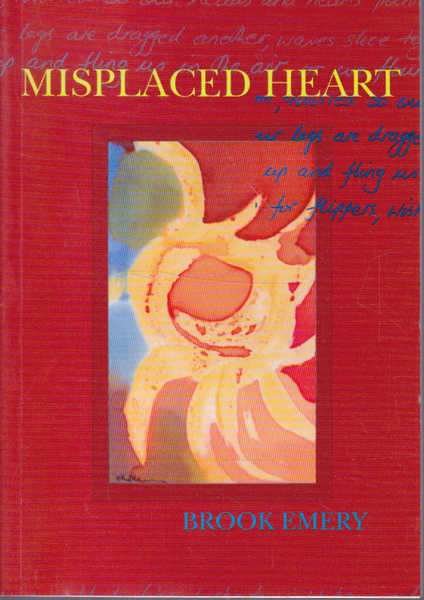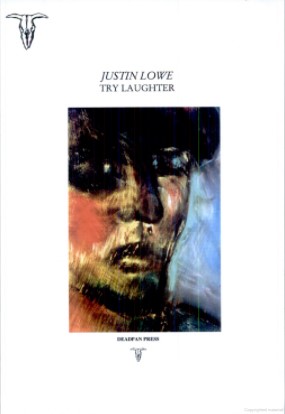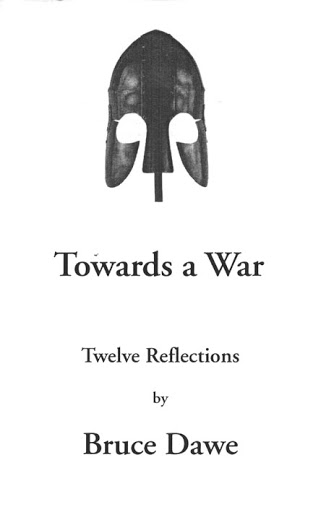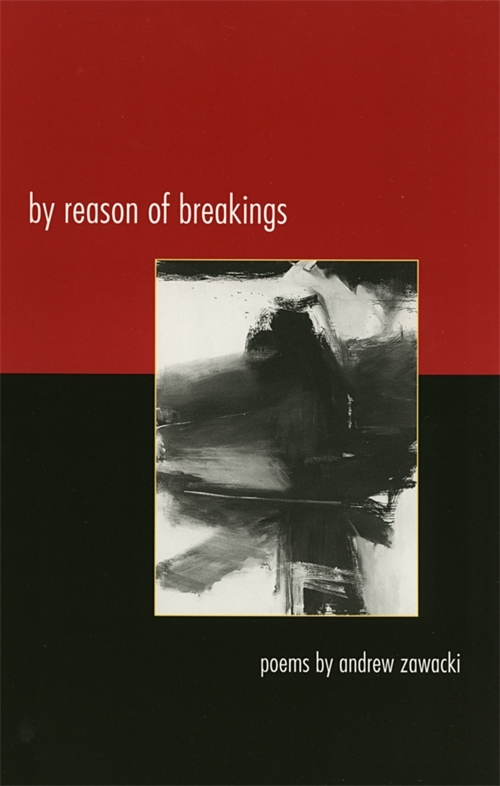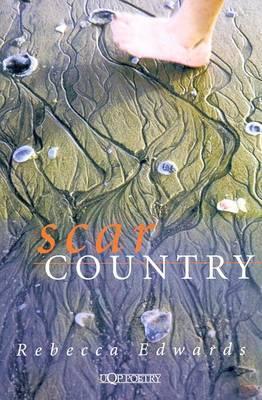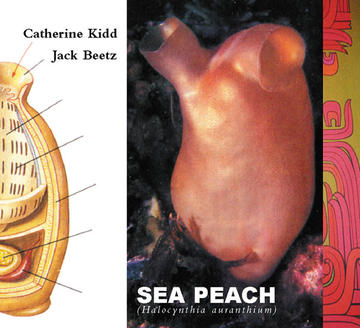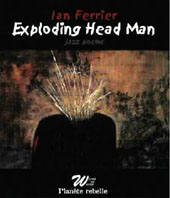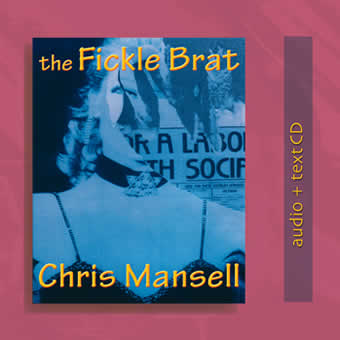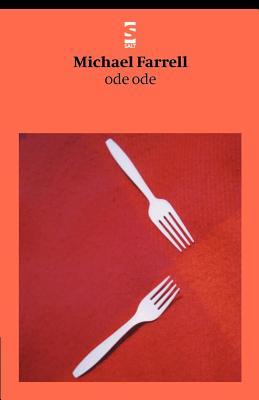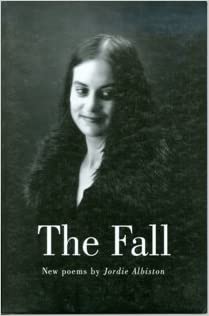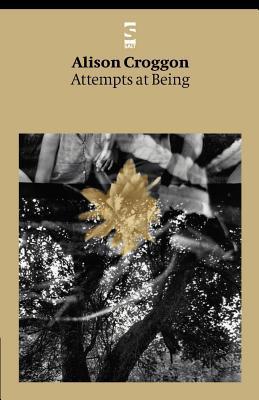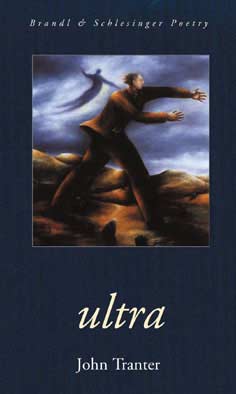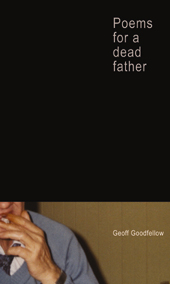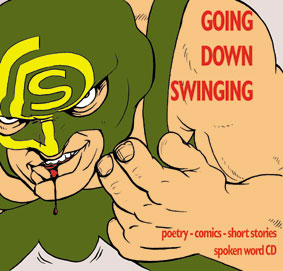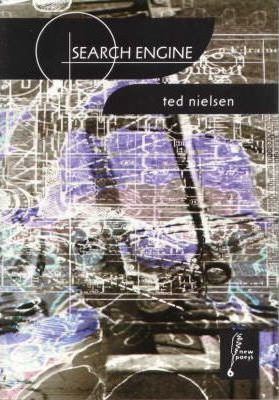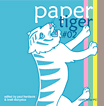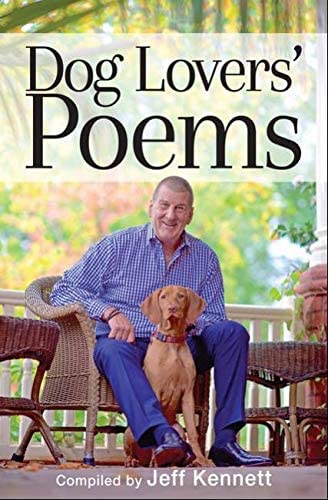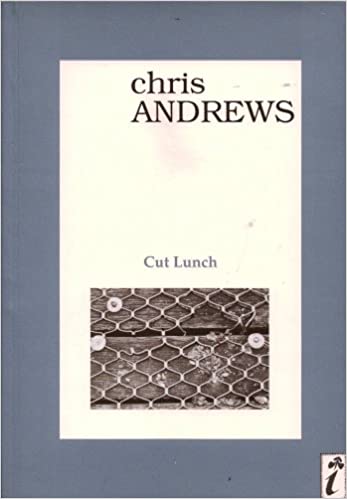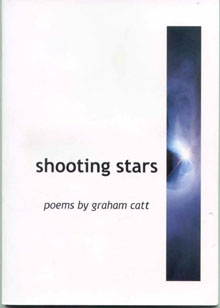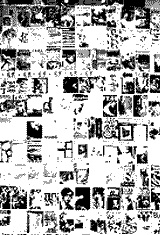BOOK REVIEWS
Jayne Fenton Keane Reviews Brook Emery
Misplaced Heart showcases Emery's diverse, lyrical voice in a collection that is capable of satisfying a range of tastes. Emery's documentation of familiar, often ordinary scenes, places and circumstances, and his pleasure in a style that fluctuates between the lyrical and the colloquial, is a well recognised feature of his writing.
Brentley Frazer Reviews Justin Lowe
'When reading Justin Lowe, I keep looking over my shoulder, even on the bus, not as though I am being watched, more as if I expect to see someone who looks like a master philosopher from the middle ages who has traveled through time to observe us, here and now, taking down notes.'
Martin Downey Reviews Bruce Dawe
This suite of poems provides a remarkable insight into the troubled times that Australia, and the rest of the world, are only now beginning to realize. It is not the charitable/humanist/philanthropic gesture made by both poet and publisher (see Postscript) through this collection of poems that drives me to speak of Bruce Dawe's latest writings.
Martin Downey Reviews Andrew Zawacki
According to the hyperbole contained on the back cover of this fine-looking book, I was about to embark on a wonderful journey through 'widlerness littered with petrochemical and astrophysical artifacts (sic) -' and with 'the sweep of its cadences, its powers of invention, its amazing subtle intelligence' — amongst other things — set to allow my 'soul' to 'squint' at 'meticulously recorded landscapes'.
Brentley Frazer Reviews Rebecca Edwards
Scar Country contains poems recognisable from Edwards' early Metro Press publication, Eating the Experience. Her editors are to be commended for including these early poems, as they serve as an excellent introduction to the texts of a fine and strong Australian poet, even as we familiarise ourselves with her self-exploratory, anatomical style of writing.
Matt Hetherington Reviews Sea Peach
Someone (not a New Zealander) once told me that there used to be a TV program in the old NZ similar to the Australian show 'That's Amazing!', but which was actually called 'That's Quite Interesting!'. Well, whether that's true or not, that's what I thought after I read this book and listened to the accompanying CD.
Moses Iten Reviews Ian Ferrier
4AM and the walk home laced with an icy rain. This line begins Ian Ferrier's Exploding Head Man, the author's wild, Canadian environment making itself felt right from the outset of this journey that is both physical and philosophical. From Montreal to Baja — Canada to Mexico — Ferrier's work is a road trip of fire and ice, passing under the desert sun and ploughing through snow storms.
Justin Lowe Reviews Chris Mansell
Chris Mansell is a serious poet. She has an agent and a Statement of Intent, and apart from my faithful drinking partner, Tug Dumbly (who just so happens to hail from Ms Mansell's neck of the woods), I don't know any poet with an agent, and certainly none with an S.o.I.
Justin Lowe Reviews Michael Farrell
I've never been prone to brand loyalty (no sniggers from the comfy chairs, please), but recently, the merest glimpse of the Salt Publishing logo has me reaching for my wallet. I love a challenge, and Michael Farrell's second verse collection ode ode continues that publishing house's burgeoning tradition of pulling the rug from under my snug size 12s.
Matt Hetherington Reviews Jordie Albiston
Given the small amount of time available between the book’s release and the deadline for this piece, there are still some poems I find impossible to respond remotely in an objective fashion. Two in particular [‘How I Spent Night in Twenty Lines or Less # 2’ and ‘Twelve (Transverse) Octaves, F#’] are difficult for me to inhabit for very long. Which is, of course, a great compliment.
Justin Lowe Reviews Emma Lew and Ashlley Morgan-Shae
Emma Lew's second verse collection, Anything the Landlord Touches, begins with one of those stanzas that could almost serve as a credo for an entire generation of atomized humanity: They speak of stridency and nothingness
and wrap up their shoulders in grey light.
I want to walk again in this miry place.
I want the fever and fret beneath, though
it's something I forget, like pain.
Justin Lowe Reviews Alison Croggon
Early last year, John Kinsella, man of letters and chief editor of Salt Publication, published his selection of Michael Dransfield's poetry through UQP, simply titled Retrospective. This old Dransfield acolyte couldn't fault it, and I have been waiting for an opportunity to proclaim that for six long months. So what's the occasion, Justin? I think I have just stumbled across Dransfield's successor:
Michael Farrell Reviews John Tranter
At a Carlton party, someone said to me that a number of Australian poets were all right until they started imitating Ashbery: Tranter was the example given. How Ashberian is Tranter? Their mode is similar, the way they range over a topic before resting on a twig or in mid-air, yet Tranter is closer to the ground, less insouciant, more urgent, the phrasing of a private eye who's always on the case, commissioned or not.
Michael Farrell Reviews 10,000 Monkeys
If everyone went around saying what they thought, the world would end up a Shakespearean tragedy, with none of the major players left standing. Sometimes, of necessity, there is a vast difference between what one says, and what one thinks. But then again, you just might be the right Rabelaisan dog who enjoys breaking the bone to get to the marrow. Michael Farrell takes a sidelong look at Melodrama's CD 10,000 Monkeys.
Paul Mitchell Reviews Geoff Goodfellow
A mate of mine said there's nothing more artful than seeing a bloke deliver a left hook. I debated the point. I thought the artfulness went out of the punch when it connected with someone's jaw in a pub brawl and sent teeth spraying around the bar. He agreed: the artfulness was in the action of the punch through the air.
Peter Savieri Reviews Going Down Swinging 20
Most people can barely speak, let alone write. So it follows that mastery of the written and spoken word is a rare qualification. This does not, however, prevent an international swamp of hacks from turning contemporary culture into a poorly realised historical theme park of rehashed, diluted, ripped-off high points from an overly romanticised 20th century.
Cassie Lewis Reviews Ted Nielsen
The Australia that unfurled from the 1980s onwards is ever-present in Ted Nielsen's poems. However, this is not a poetry of sentimentalism – shared icons act like familiar furniture in a strange room. New technology, with the possible futures it breeds, breathes through this book. Additionally, the author carries his leftist politics into the current conservative landscape – testing them, honing them.
Richard King Reviews Papertiger #02
A poetry journal on CDROM is apt to raise some absorbing questions about the nature and status of poetry, and in this respect the second issue of papertiger: new world poetry doesn't disappoint. In an interview with Dorothy Porter, the question of poetry's ability to move beyond its 'established' boundaries – in Porter's case generic boundaries – inspires this little exchange:
Adam Ford Reviews Dog Lovers’ Poems
This collection features over a hundred pages of poetic platitudes about dogs and their loyalty, their friendship, the cute things and the cheeky things they get up to. The anthology was compiled by ex-Premier of Victoria Jeff Kennett, who put out a call for submissions while he was working at Melbourne talkback radio station 3AW.
Carolyn Tétaz Reviews Chris Andrews
Cut Lunch, Chris Andrews' second collection of poems, is a work strong on nostalgia and reflection, which is neatly captured in the title. In this age of foccacia, ciabiatta and pide, a cut lunch is an object from our recent past, a descriptor for plain white bread, single fillings and frugal practicality. Part of the charm of this collection is Andrews' fascination with the poetry inherent in the everyday, what he calls minor poetries, and a cut lunch is an apt symbol of his affection for the poetry of cupboards under the sink.
John De Laine Reviews Graham Catt
The debut collection from Adelaide-based poet Graham Catt provides solid proof that sensitivity unleashed can result in quality verse, despite recent factional thinking that posits romantic and emotional reflection as a cheapening of poetic voice.
Adam Ford: Damn & Be Published (Part 2)
My printer ran out of ink yesterday and wouldn't accept the refilled cartridge as legit. The ink light kept flashing until I spent sixty bucks on a new cartridge. A curse on the head of cartridge manufacturers and retailers. Ink is a valuable commodity, and we salute those who choose to use their ink to put their work out there, somewhere where people will read it.
Anna Hedigan Reviews Stephen Malkmus
That there are correspondences between poetry and music in Stephen Malkmus' song-writing (both on his own and as lead singer in 90s college rock band Pavement) should come as no surprise to students of rock music – a self-avowed fan of John Ashbery's lyrics, Malkmus has, over the course of five studio albums, developed an unique vocal style, and a poetic sensibility. So after spotting Anna Hedigan (co-editor of Melbourne-based e-zine Overland Express) at a recent Malkmus concert, we couldn't resist asking her to review his new CD.

